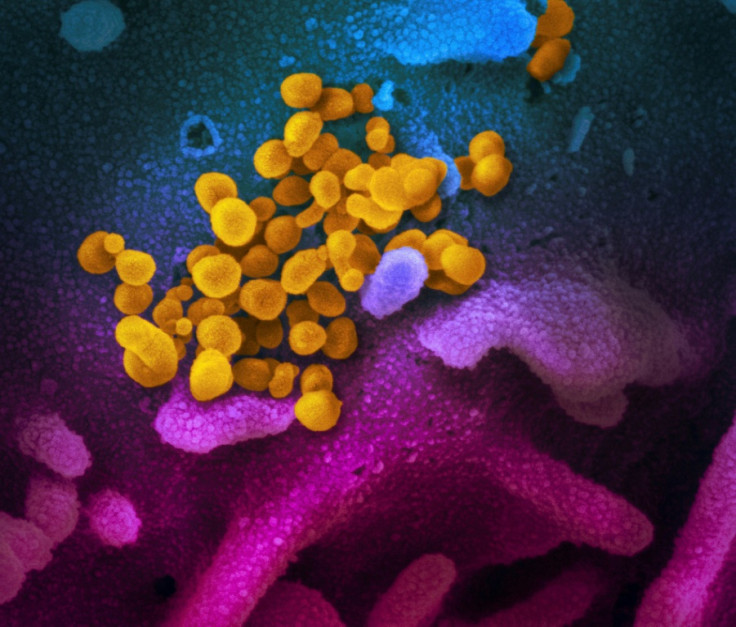Coronavirus researchers confirm key information regarding infection
Doctors who were hoping that the virus had been existing among the population are evidently saddened by the news.
There is an ongoing debate as to when the coronavirus outbreak actually started. Some experts speculate that the virus has been around longer in the hopes that some people have already built up immunity against it. Meanwhile, most argue that it only emerged recently when China reported multiple cases of pneumonia with unknown cause late in 2019. Now that the genetic information of the pathogen is readily available for researchers, the latest findings might have just confirmed its origin.
The samples have been taken from over 7,600 COVID-19 patients and it was deemed that transmissions of the virus purportedly began close to the end of last year. According to a team of British scientists, there is an indication that SARS-CoV-2 was highly contagious, which allowed it to spread easily among the population in China.
Nevertheless, they pointed out that there are currently no mutations that suggest it has drastically altered the complications that stem from infections. CNN reports that the viral sequences were pulled from a centralised database constantly updated by medical specialists worldwide.
University College London Genetics Institute genetics researcher Francois Balloux states that "The virus is changing, but this in itself does not mean it's getting worse." The samples were taken in varying locations and at different schedules, which eventually led experts to their aforementioned findings.
A report shared by Balloux and his group claims that "this rules out any scenario that assumes SARSCoV-2 may have been in circulation long before it was identified, and hence have already infected large proportions of the population." Doctors who were hoping that the virus had been existing among the population are evidently saddened by the news.
Meanwhile, given that China initially refused to openly share anything related to the cases in Wuhan, which was already too late to contain. Healthcare professionals have reasons to believe that SARS-CoV-2 was already infecting populations in many countries before cases were officially announced at the start of 2020.

Hence, "all these ideas about trying to find a Patient Zero are pointless because there are so many patient zeros," said Balloux. COVID-19 deaths in the U.K. have already reached an estimated 30,076 as of writing.
© Copyright IBTimes 2025. All rights reserved.





















